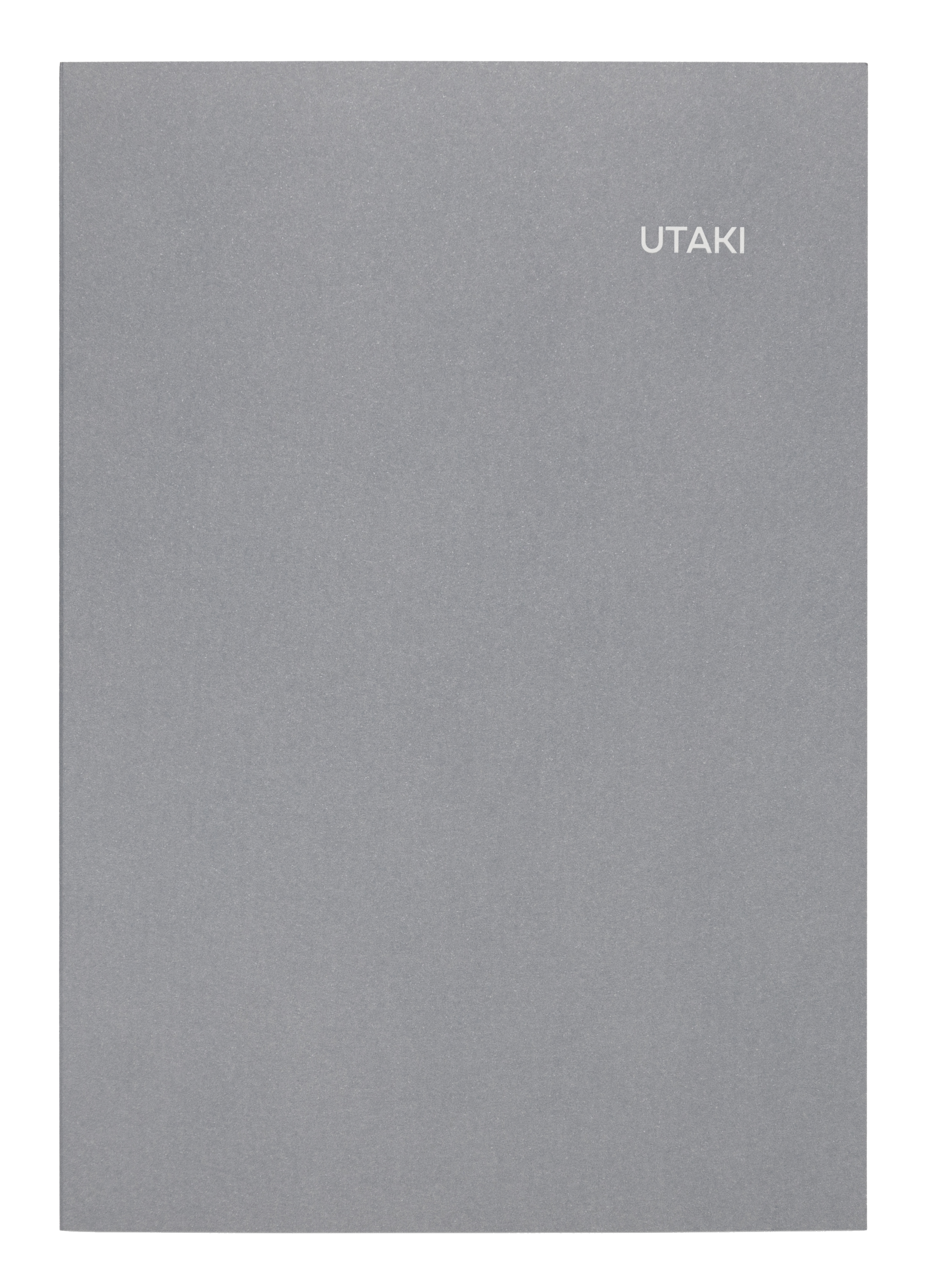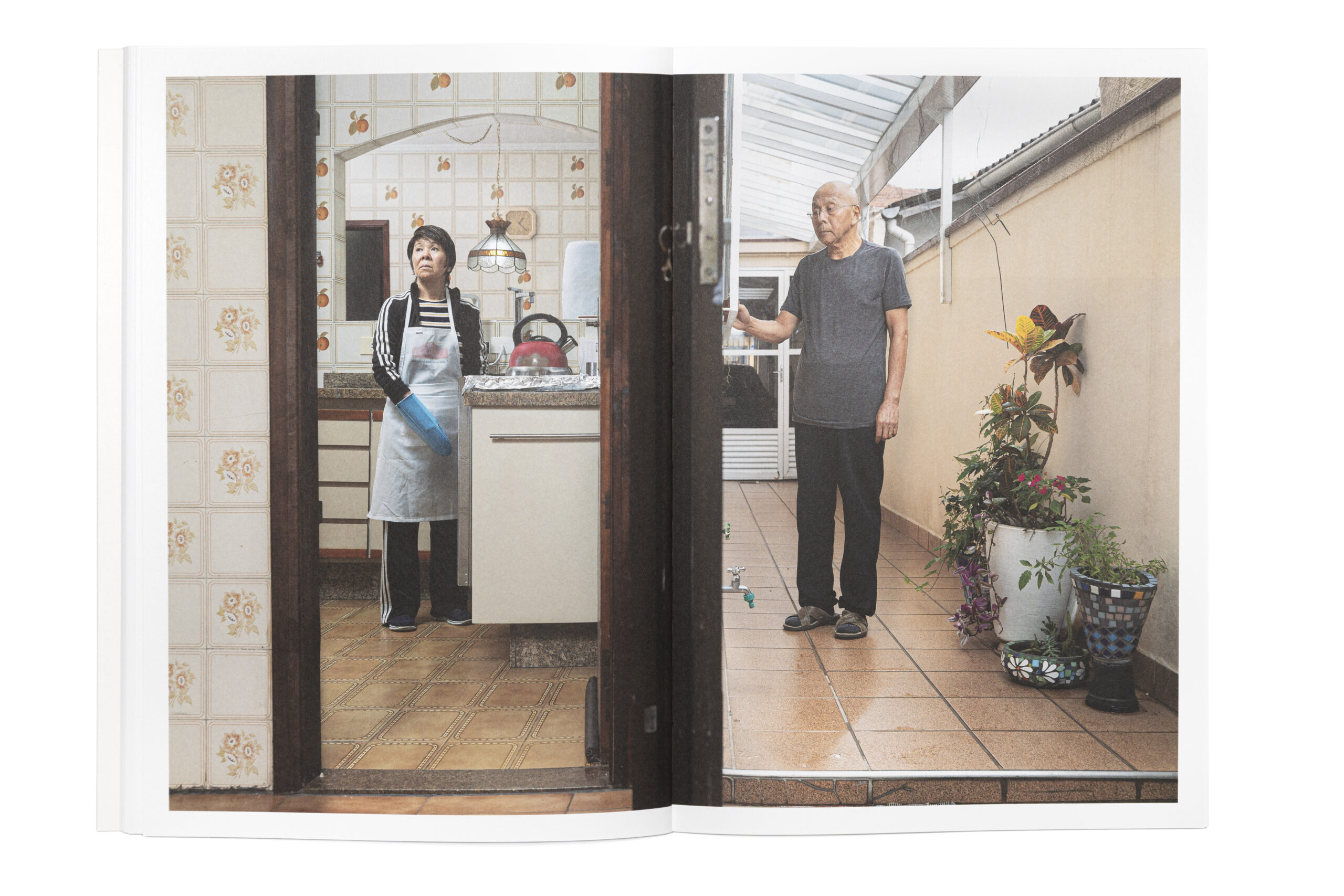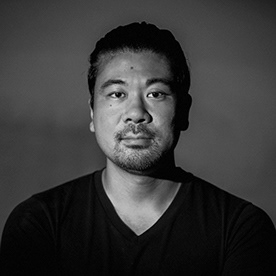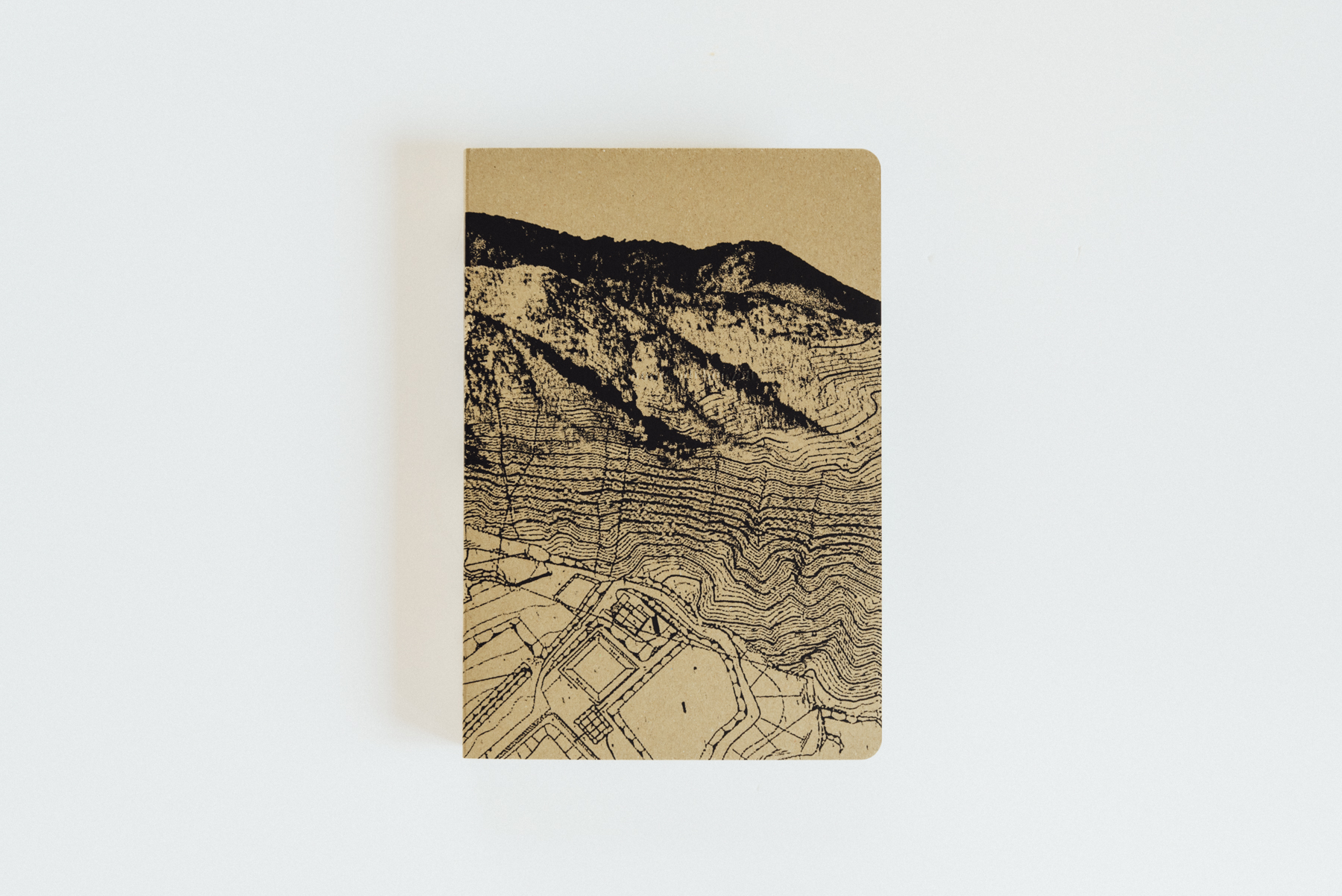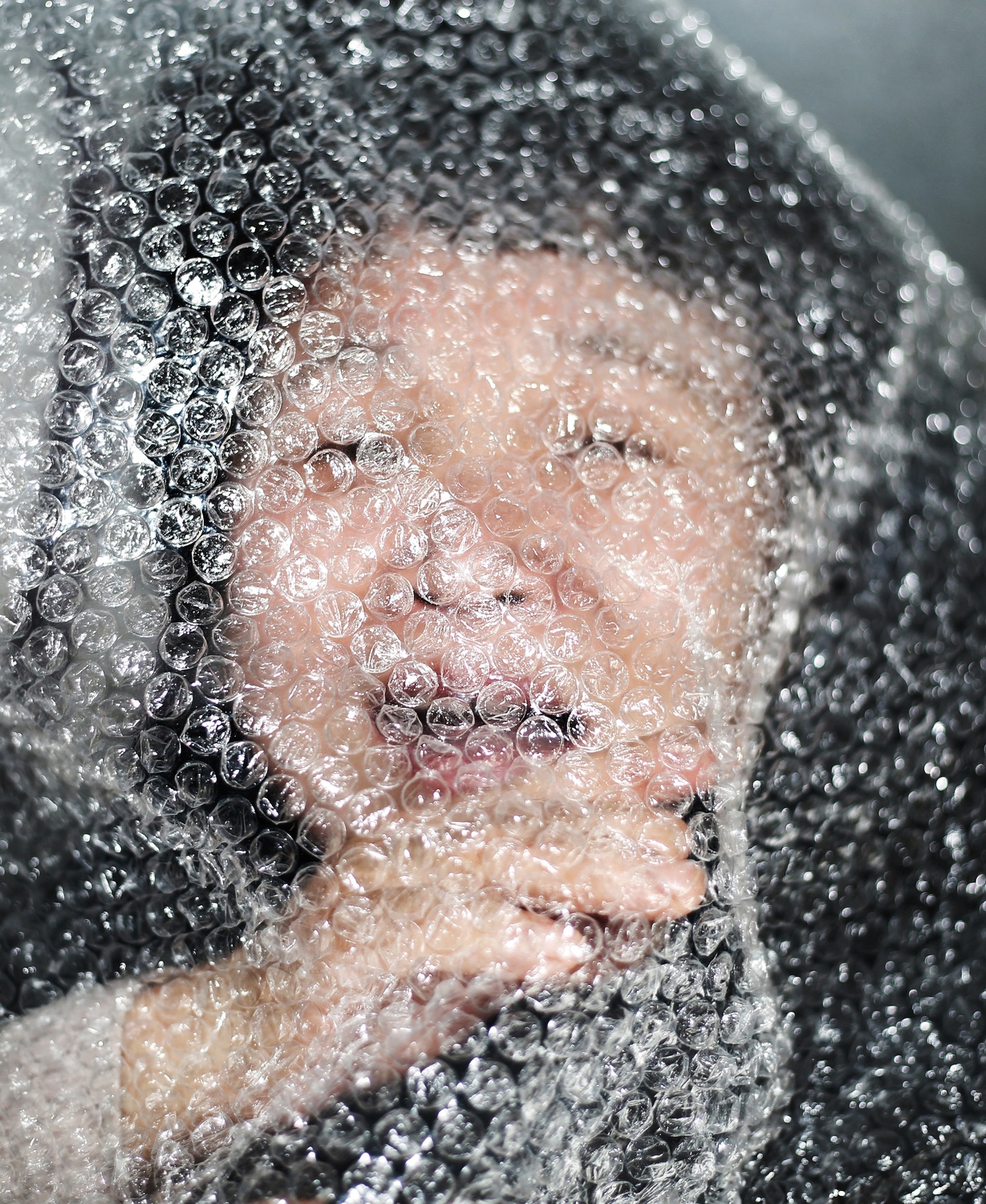Ricardo is a produce of the Okinawan immigration to Brazil and he carries the mixture of three cultures in his path: Brazil, Okinawa and Japan. Understanding the meaning of this position implies a personal confrontation, in his pursuit to understand himself in the world. Utaki, in Okinawan language, translates the idea of a holy place.
This look at the sacred, in line with the need felt by the artist, glances at his roots, in a process of investigation of family and home, concepts that are blended within the Okinawan culture. Utaki resides in a concocted game, in its ambivalence that presides over it and opens spaces so that one can always imagine other things in an open field. He recreates and confronts models, suggesting to us that tradition is something invented. Way further than this, his work challenges the very notion of tradition, highlighting the performative character of human existence, as the artist produces and updates his own rites of passage. Through photography, he investigates inherited traditions, appropriates them and acts courageously in his inquiries and propositions.
The construction of an identity, generates similarities and differences and Utaki, does not break with centuries-old traditions. Instead, recognizes belonging and encountering. It proposes heterogeneous mixtures. Questioning what is familiar, he deconstructs himself and overflows his uneasiness and individual experiences beyond himself. He brings different possibilities of identification, proximity and recognition to the other’s perception, opening it up to the idea of the always unfinished subject that we are.
Utaki urges us to look at our own identity issues, recognitions, and estrangements which, from within our particular traditions, places, rituals and habits, do not cease to move and refresh themselves. While (de)construction of experience, the story told and the experience lived are no longer just personal memory, but a dynamic confrontation with one’s own alterities.
Publisher
Lovely House
Binding
Brochura



